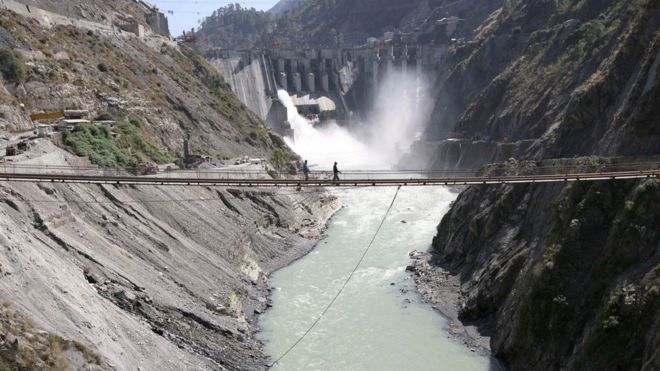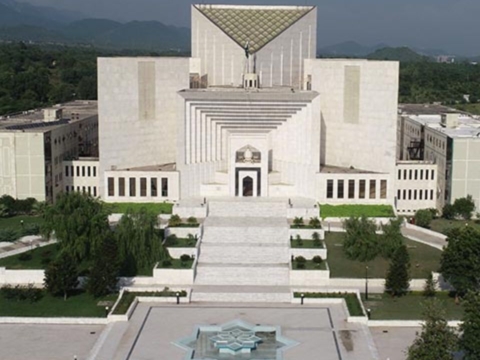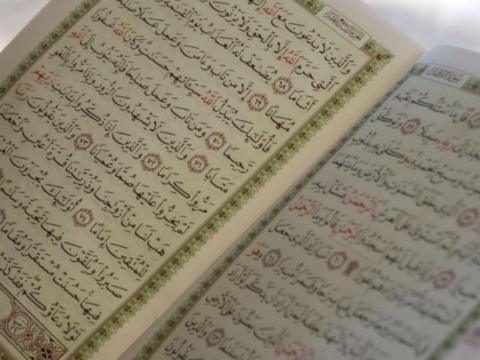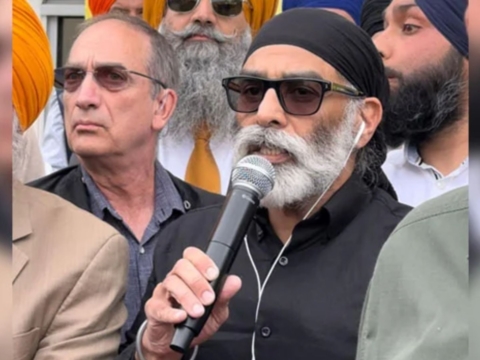
SAN FRANCISCO (Diya TV) — India are amping up their efforts to maximize water use from the western rivers of the Indus basin, and according to a report from BBC, are planning to begin the construction of large water facilities and canals.
The targeted rivers flow through India-administered Kashmir, according to the report, however, most of the water in the rivers has already been allotted to Pakistan via the terms of an international treaty.
Analysts say Delhi is using the water issue to put pressure on Pakistan in the dispute over the Kashmir region. Relations between the two sides in the region have soured even more as of late after a deadly militant attack on an Indian base in September. Pakistan denies having any links to the attack.
Indian Prime Minister Narendra Modi said government officials are putting the final touches on the water project, which he has made a top priority of his administration.
India, according to the report, wants to “maximize” its use of water from the Indus, Chenab and Jhelum rivers. Millions of people in both countries depend on water in the rivers. Indian officials believe they can concoct a water project within the limits of the Indus Water Treaty, but the Indian government also began reviewing the terms of the treaty after the aforementioned militant attack, where 19 soldiers lost their lives.
The treaty, originally signed in 1960, allocated the resources of the three eastern rivers — the Ravi, Beas and Sutlej — of the Indus basin, and 80 percent of the three western rivers, to Pakistan. India said it has not yet fully utilized the 20 percent of the water provided to their country in the three western rivers — a claim which Pakistan have disputed.
Delhi officials also said the treaty allows them to irrigate 1.4 million acres of land using the water from the three western rivers. Currently, they say just 800,000 acres are being irrigated.
Speaking in an open debate of the United Nations Security Council on “water, peace and security” last month, Pakistan’s ambassador to the UN, Maleeha Lodhi, denounced any use of water as an “instrument of coercion and war.”
“The IWT is equally a good case study of what could go wrong if such agreements are not honored or threatened by one of the state parties to be abrogated altogether,” she said.
Making matters worse, Islamabad have already been displeased with a number of India’s water projects for some time — Pakistan previously asked the World Bank, which brokered the signing of the treaty, for a court of arbitration to consider two Indian hydropower projects in the Indus basin.
Information from the BBC contributed to this report.




